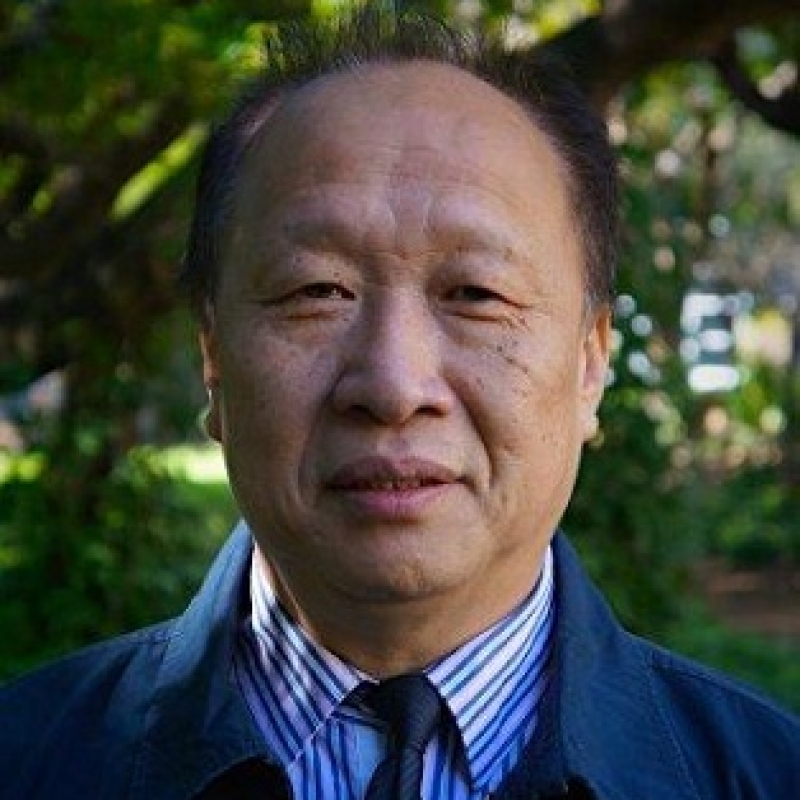Professor Fawang Liu,
Queensland University of Technology
Fractional Calculus
Course Outline
Lecture 1: A brief introduction to fractional calculus and numerical methods for the space fractional partial differential equations
Topics Include: A brief introduction to fractional calculus with applications.
- Fractional Integrals and Derivatives;
- Stability and convergence analysis of finite difference methods for the space fractional diffusion equations (SFDEs);
- Fractional method of lines for the space fractional advection-diffusion equations (SFADEs);
- fractional finite volume methods (FVM) for the SFDEs with variable coefficient (SFPDE-VC);
- An unstructured mesh FVM for the 2D-SFDE-VC.
Lecture 2: Numerical methods, convergence and stability analysis for the time, time-space fractional partial differential equations
Topics include:
- Finite difference methods for the time FDEs;
- Finite difference methods for the anomalous sub-diffusion models (ASub-DM);
- Finite difference methods for variable-order ASub-DM;
- Novel high order space-time spectral methods for the time-fractional Fokker-Planck equations;
- Meshless methods for the fractional partial differential equations.
Lecture 3: Numerical methods for the time-space, space fractional partial differential equations with applications
Topics include:
- Anomalous diffusion in human brain tissue (Finite difference methods, stability and convergence analysis for 2D space- time fractional Bloch-Torrey equations);
- Diffusive processes in heterogeneous media and applications in cardiac science (A Crank-Nicolson alternating direction implicit Legendre spectral method, stability and convergence analysis for the 2D Riesz space fractional nonlinear reaction-diffusion model);
- Fractional Dynamical Systems and Applications, such as MRI to probe tissue microstructure, non-Newtonian Fluids, computational finance, signal filtering (Unstructured mesh finite element methods for fractional dynamical systems in irregular domains).
Lecture 4: Parameters estimation techniques of complex fractional dynamic systems and analytical solutions for the multi-term time-space fractional partial differential equations
Topics include:
- Parameter estimation for a phenomenological model of the cardiac action potential;
- Parameter estimation for dynamical models in biological systems;
- Parameter estimation techniques for fractional dynamical epidemic models of dengue fever;
- Parameter estimation techniques the dynamic system of anomalous relaxation of human brain tissue;
- analytical solutions for the multi-term time-space fractional partial differential equations
Pre-requisites
No pre-requisites currently noted.
Pre-reading & Lecture Notes

Prof Fawang Liu,
Queensland University of Technology
Fawang Liu is a Professor in applied and computational mathematics at Queensland University of Technology. He received his MSc from Fuzhou University, China in 1982 and his PhD from Trinity College, Ireland in 1991. Since graduation, he has worked at Fuzhou University, Trinity College Dublin, University College Dublin, Xiamen University (First-class Professor), University of Queensland and Queensland University of Technology (from 17 September, 1991). Professor Liu has made important contributions to the field. He is an internationally recognised expert and a leading researcher in the field of numerical methods and theoretical analysis for fractional dynamical systems. He has published over 300 papers in these fields. In 2012, Professor Liu won the prestigious Mittag-Leffler Achievement Award for his outstanding contributions to the field of Fractional Derivatives and their Applications. He has established strong collaborative links with a number of key researchers at prestigious universities in China working in the field of fractional calculus. He has h-index 57 and over 11177 Google Scholar citations. He has supervised more than 20 PhD students and 30 visiting fellows on this field. Professor Liu has been named in the 2014, 2015, 2016, 2017 and 2018 Thomson Reuters lists of Highly Cited Researchers.
